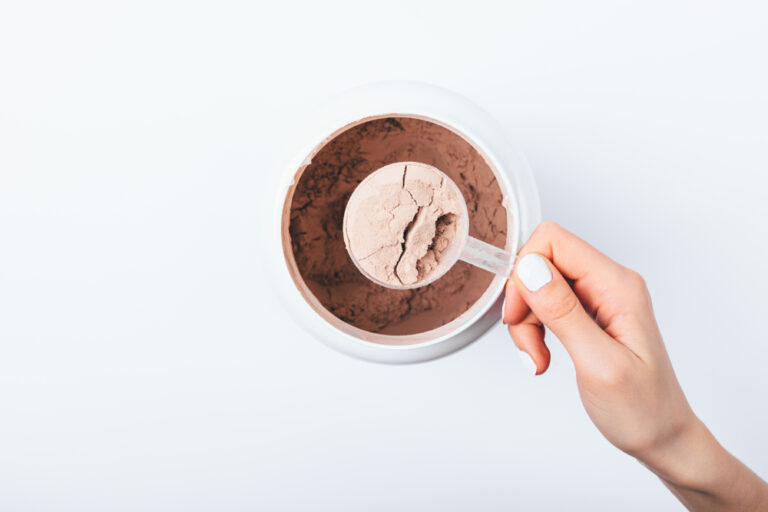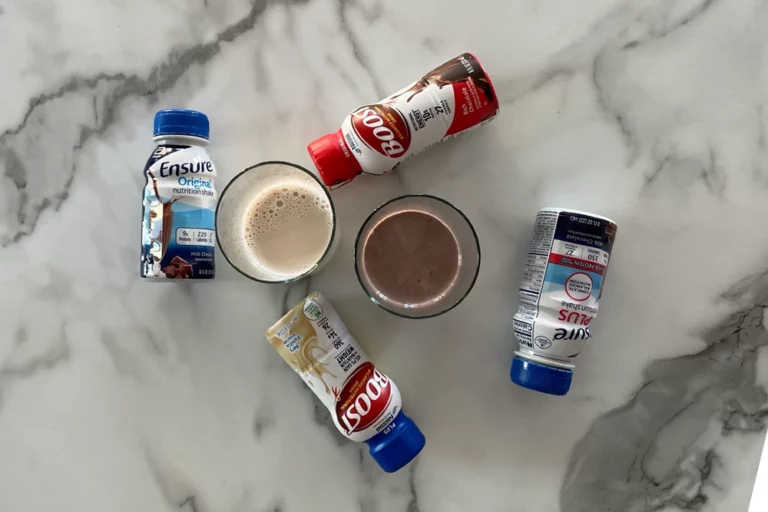What’s the Best Vitamin B12 Dose for Seniors?
We include links to products that we think our readers will find useful. If you buy through links on this page, we may earn a small commission. Learn about our process.
Vitamin B12 is essential to support a healthy nervous system, form red blood cells, and produce DNA
Unfortunately, a deficiency in the vitamin is more common with increasing age.
Taking a vitamin B12 supplement is an easy and cost-effective way to ensure that you or your loved one is getting enough.
However, you may wonder how much vitamin B12 you should take or what amount is safe.
This article explains everything you need to know about vitamin B12 for seniors, including why it’s important and what dosage is best.

What is vitamin B12?
Vitamin B12 is a water-soluble vitamin, meaning it dissolves in water and is not easily stored in the body.
However, vitamin B12 is different from other water-soluble vitamins like other B vitamins and vitamin C in that the body can store excess vitamin B12 in the liver (1).
Vitamin B12 contains the mineral cobalt so compounds that contain the vitamin are called cobalamins.
The body requires vitamin B12 for many important functions, including (2):
- nervous system health
- red blood cell formation
- DNA production
- various biological reactions
Vitamin B12 is naturally present in animal-based foods, including fish, meat, poultry, eggs, and dairy products.
Other foods like breakfast cereals are fortified with the vitamin.
Seaweed and mushrooms are commonly cited as excellent plant-based sources of vitamin B12 but the body cannot use the form that’s present.
Beyond food sources, you can take vitamin B12 as a supplement.
Summary
Vitamin B12 is a water-soluble vitamin that supports nervous system function, red blood cell formation, and DNA production. It’s naturally found in animal-based foods and available as a dietary supplement.
Vitamin B12 deficiency in the elderly
Factors associated with aging make it difficult for older adults — including those aged 50 years or older — to get enough nutrients to optimally support health.
For example, about 50% of women and 30% of men aged 71 years and older fall short of protein recommendations (3).
Older adults who consume inadequate amounts of protein are more prone to falls and fractures due to rapid declines in muscle strength (4).
Vitamin B12 is another nutrient that most older adults fall short on, consequently increasing the risk of a deficiency.
This is because the body’s ability to absorb the vitamin decreases with age.
Vitamin B12 from food is bound to protein and must be released before the body can absorb it.
Stomach acid helps free some of the vitamin from protein but up to 30% of older adults have a condition called atrophic gastritis that decreases the body’s production of stomach acid, limiting the vitamin’s absorption (5).
Older adults are also more likely to take medications like antacids that block the production of stomach acid, further limiting the amount of vitamin B12 for absorption (6).
Long-term treatment with metformin — a commonly prescribed oral medication to treat diabetes — can also lead to a vitamin B12 deficiency in older adults (7).
Beyond these factors, poor dietary intake of vitamin B12 can lead to a low level or a deficiency over time.
However, even with an adequate intake of vitamin B12, a deficiency can still occur if the body can’t efficiently absorb it due to a lack of stomach acid.
Common symptoms of a vitamin B12 deficiency include (2):
- weakness
- fatigue
- paleness
- confusion
- loss of reflexes
Summary
Older adults are at risk for developing a vitamin B12 deficiency because the ability to absorb the vitamin decreases with age and the use of certain medications can decrease absorption. Less commonly, a low dietary intake of vitamin B12 also increases the risk of a deficiency.
Vitamin B12 dosage and forms
You should always aim to get your nutrients through food before resorting to a supplement.
However, getting enough of the nutrients you need from food alone isn’t always possible without supplementation.
In many cases, primarily for older adults, this is true for vitamin B12.
Even with an adequate dietary intake of vitamin B12, older adults can still develop a deficiency if they cannot efficiently absorb the vitamin due to low stomach acid.
Supplemental forms of vitamin B12 are not bound to protein and are therefore easily absorbed by the body making them a good option for older adults.
The recommended dietary allowance (RDA) of vitamin B12 is 2.4 mcg for adults aged 19 years and older (2).
Most supplements contain significantly more vitamin B12 than the RDA, providing 500 mcg and up to 10,000 mcg.
While there are no risks or dangers of higher intakes as the kidneys excrete any excess vitamin B12 in the urine, it may be best to choose a lower dose — around 500 mcg to 1,000 mcg — since absorption tends to decrease as the dose increases (8).
Here are two good options that contain 500–1,000 mcg of vitamin B12 per serving from reputable companies:
These options are in tablet or lozenge form but you can also purchase liquid drops or gummies.
Most vitamin B12 supplements are suitable for vegans but you should always check the ingredient list to verify.
You can also find vitamin B12 alongside other vitamins and minerals such as in a multivitamin supplement.
Multivitamins are a great insurance polity to ensure you’re meeting all your nutrient needs but often times it’s more effective to supplement with individual nutrients that you may be low or deficient in like vitamin B12.
Vitamin D is another nutrient that older adults tend to be low or deficient in and may benefit from supplementation.
You can read more about vitamin D for older adults here.
Summary
Older adults are at an increased risk for developing a vitamin B12 deficiency and can benefit from taking a supplement containing 500 to 1,000 mcg per day. There are no harmful effects of taking more vitamin B12 above the 2.4 mcg RDA.
Vitamin B12 foods
It’s more effective for older adults to get their vitamin B12 from supplements rather than food.
However, foods rich in vitamin B12 are also rich in other nutrients that older adults tend to fall short of, such as protein, calcium, iron, and vitamin D.
Therefore, you shouldn’t avoid vitamin B12-rich foods but instead aim to consume more of them, unless you follow a vegetarian diet or avoid animal products for a different reason.
Good sources of vitamin B12 include (2):
- beef liver
- clams
- tuna
- salmon
- beef
- milk
- yogurt
- eggs
- poultry
Breakfast cereals are also commonly fortified with vitamin B12.
Similar to supplements, the body can easily absorb vitamin B12 when it’s added to foods like cereal since it’s not bound to protein.
For this reason, vitamin B12-fortified breakfast cereals are recommended — in addition to supplements — to help older adults meet their needs for the vitamin (9).
Look for breakfast cereals that are fortified with vitamin B12, rich in fiber, and low in added sugars.
Here are some good options:
Summary
Foods rich in vitamin B12 are also rich in other nutrients like protein, vitamin D, calcium, and iron that older adults tend to lack. In addition to supplements, fortified breakfast cereals can help older adults meet their vitamin B12 needs.
The bottom line
Vitamin B12 is a water-soluble vitamin necessary for healthy nervous system function, red blood cell formation, and DNA production.
Many older adults are deficient in vitamin B12 since they produce less stomach acid or take medications that impair the vitamin’s absorption.
Taking a vitamin B12 supplement containing 500 mcg to 1,000 is the best dosage and way for older adults to retore and maintain levels of the vitamin.
However, vitamin B12-rich foods are also rich in other nutrients that older adults tend to lack so you should still aim to include them in your diet unless you avoid animal products.
In addition to supplements, choosing a vitamin B12-fortified breakfast cereal can help you meet your vitamin B12 needs.






